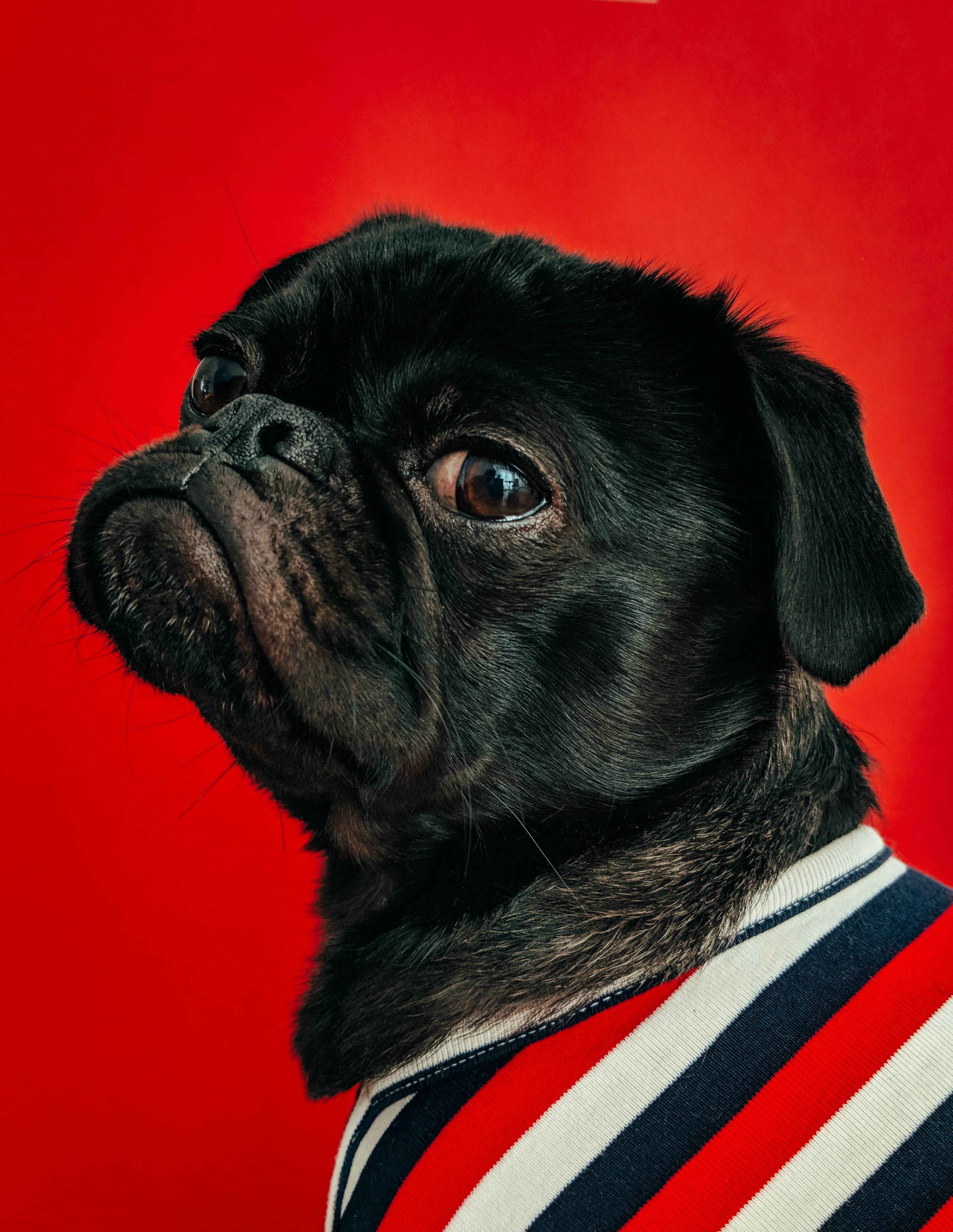Why Do Dogs Hate Fireworks? Causes, Symptoms & How to Calm Your Dog
Fireworks are a staple of many celebrations worldwide, from New Year's Eve to Independence Day, but for many dogs, these loud bursts of noise are a source of intense fear and anxiety. If you’ve ever noticed your dog trembling, hiding, barking excessively, or showing signs of distress during fireworks, you’re not alone. Understanding why dogs hate fireworks and how to help calm them can significantly improve their well-being during noisy events.

Why Do Dogs Hate Fireworks? Understanding the Fear
Dogs have highly sensitive hearing, estimated to be four times better than humans. The sudden loud noises, unpredictable booms, and bright flashes of light from fireworks can overwhelm their senses. This sensory overload triggers their natural fight-or-flight response, causing panic and anxiety.
Key reasons dogs dislike fireworks include:
- Loud Noises: Fireworks produce sudden, intense sounds that can be painful and startling.
- Unpredictability: The erratic timing and unpredictable nature of fireworks increase anxiety.
- Bright Flashes and Smells: The combination of flashing lights and unfamiliar smells can confuse and frighten dogs.
- Lack of Control: Dogs feel vulnerable as they cannot predict or escape the source of the noise.
Symptoms of Firework Anxiety in Dogs
Dogs' reactions to fireworks can vary from mild stress to severe panic. Common signs your dog is fearful or anxious during fireworks include:
- Trembling or shaking
- Excessive barking or whining
- Hiding under furniture or in small spaces
- Attempting to escape or run away
- Pacing or restlessness
- Drooling or panting excessively
- Destructive behavior like chewing or scratching
- Lack of appetite or refusal to eat
- Urinating or defecating indoors despite training
Why Is Firework Anxiety So Common?
Firework anxiety affects many dogs due to their evolutionary background and sensory sensitivity. Unlike humans, dogs don’t understand the celebratory purpose of fireworks, perceiving them as threats instead. Puppies or dogs with a history of trauma may be especially prone to heightened fears. Some breeds are more sensitive than others, including Border Collies, German Shepherds, and Labrador Retrievers.
How to Calm Your Dog During Fireworks
Helping your dog cope with fireworks requires preparation, patience, and sometimes professional guidance. Here are several effective strategies:
1. Create a Safe, Quiet Space
Set up a cozy, quiet area indoors where your dog can feel secure. Use blankets, cushions, and toys to create a den-like space. Closing windows, curtains, and playing soft music or white noise can help mask the sound of fireworks.
2. Use Calming Products
Consider using calming aids such as:
- Thundershirts or anxiety wraps: These apply gentle pressure, similar to swaddling, which can soothe anxious dogs.
- Calming sprays and diffusers: Products containing pheromones like Adaptil mimic comforting scents.
- Natural supplements: Ingredients like chamomile, valerian root, or CBD oil (consult your vet first) may reduce anxiety.
3. Distract and Engage Your Dog
Offer your dog toys, puzzles, or treats to divert their attention from the noise. Playing their favorite games or giving a special chew treat can create positive associations during fireworks.
4. Stay Calm and Reassuring
Your own behavior impacts your dog. Stay calm and avoid fussing over your dog excessively, which can sometimes reinforce anxiety. Speak in a soothing tone and act normally to help your dog feel safe.
5. Desensitization and Counterconditioning
Long before fireworks season, train your dog to become accustomed to firework sounds through desensitization. Play recordings of fireworks at low volume, gradually increasing intensity while rewarding calm behavior. This technique can reduce fear over time.
6. Consult Your Veterinarian
If your dog experiences severe anxiety, your vet may recommend medications or behavioral therapy. Never give your dog human sedatives without veterinary advice.
Preventing Firework Anxiety: Tips for Pet Owners
Prevention is key to minimizing firework anxiety in dogs:
- Expose puppies to a variety of sounds in a positive way early on.
- Keep your dog indoors during fireworks events.
- Plan distraction activities before fireworks start.
- Avoid leaving your dog alone during noisy events.
- Maintain a calm household atmosphere.
When Fireworks Cause Severe Reactions
Some dogs develop extreme reactions such as self-injury, escape attempts, or destructive behaviors that can be dangerous. In these cases, professional help from a veterinary behaviorist or trainer is critical to manage anxiety and ensure your dog’s safety.
Other Noises That Can Trigger Anxiety in Dogs
Besides fireworks, dogs can be sensitive to other loud noises like thunderstorms, gunshots, vacuum cleaners, and loud music. Recognizing your dog’s triggers and having a plan to manage their reactions can help reduce stress year-round.
Conclusion: Understanding and Supporting Your Dog During Fireworks
Dogs hate fireworks because their sensitive ears and natural instincts interpret the noise and flashes as threats. Firework anxiety is common but manageable with preparation, patience, and care. Creating a safe environment, using calming aids, engaging your dog, and consulting professionals when needed can make fireworks less frightening for your furry friend.
By understanding the causes and signs of firework anxiety, you can help your dog stay calm and comfortable during celebrations. At Cute Pets Lovers, we’re here to support you in keeping your pets happy and stress-free all year round.
Stay calm, be patient, and give your dog extra love during fireworks—they need it the most! 🎆🐾❤️
